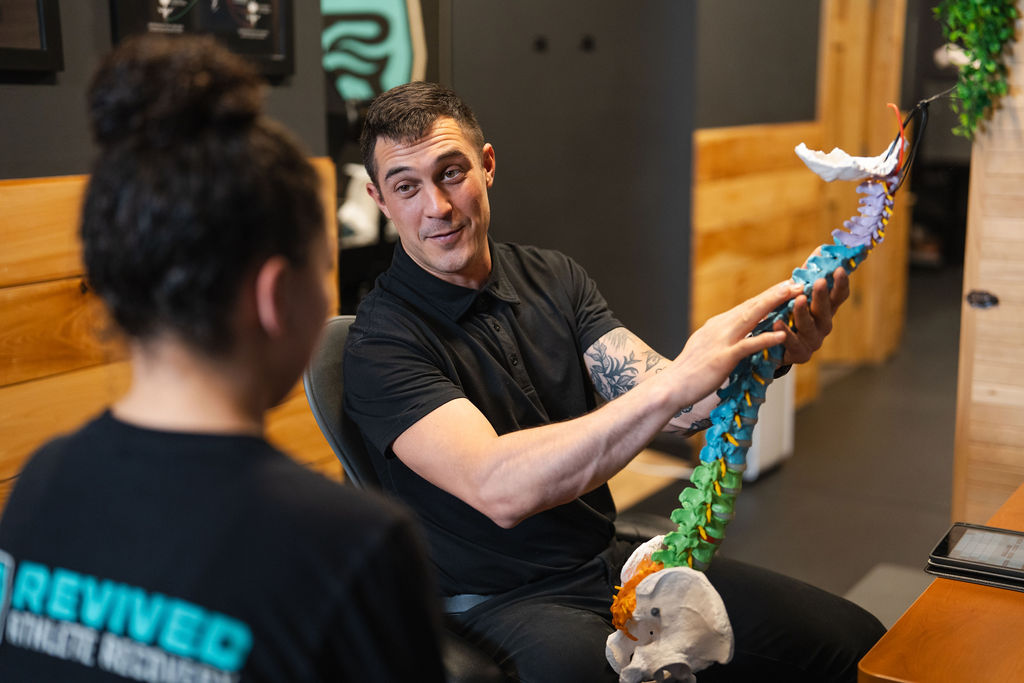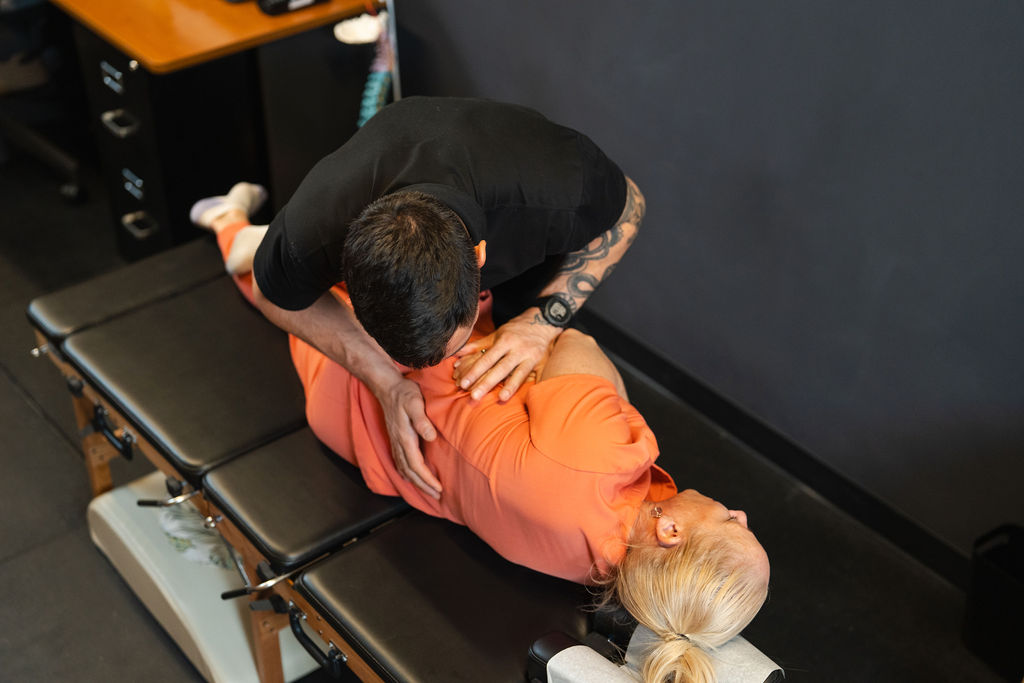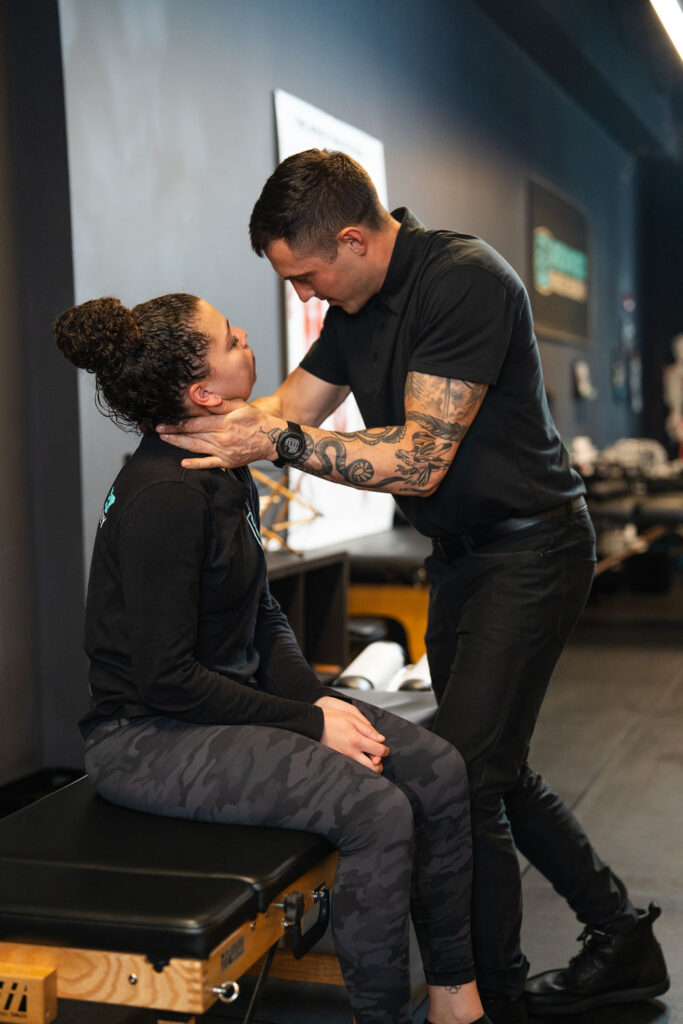Poor Posture Treatment & Relief In Worcester
Fix Poor Posture Naturally in Worcester
Slouching, rounded shoulders, or forward head posture? These issues can lead to pain, fatigue, and tension headaches. At Top Spine Chiropractic, we identify the root cause of your posture problems and provide gentle chiropractic adjustments, posture exercises, and ergonomic tips to help you stand taller and feel better—naturally.
Book your appointment today to start improving your posture.

Aches & Pains
Relieve discomfort in your back, neck, and shoulders caused by poor posture.

Spinal Alignment
Restore balance and promote long term spinal health with proper posture support.

Natural Healing
Correct posture naturally no meds, no surgery, just all natural chiropractic care.
Chiropractic Care for Poor Posture
Struggling with poor posture? Chiropractic care is a natural, noninvasive way to reduce pain, support healing, and help realign your posture.

Poor Posture Treatment in Worcester
Struggling with poor posture and the aches that come with it? At Top Spine Chiropractic in Worcester, we offer gentle chiropractic adjustments that can help relieve pain, improve spinal alignment, and support long-term posture correction. Book your appointment today and take the first step toward feeling and moving better.

Book Your Appointment!
Get started on your path to optimal health!
Why Is Posture Important?
Maintaining proper posture isn’t just about standing up straight—it plays a key role in your overall health and well-being. Good posture helps keep your spine aligned, reduces unnecessary stress on your muscles and joints, and supports healthy breathing, circulation, and digestion. It also affects how you feel and how others perceive you. People with good posture tend to look more confident, poised, and energized.
At Top Spine Chiropractic in Worcester, we believe posture is foundational to spinal health. Whether you’re spending long hours at a desk, looking down at your phone, or standing for extended periods, being mindful of how you carry yourself can make a big difference in how you feel every day.
Signs You May Have Poor Posture
Many people aren’t even aware that their posture is causing issues until discomfort sets in. Common signs of poor posture include:
- Aches and pains in the neck, back, and shoulders
- Frequent headaches
- Muscle fatigue or stiffness
- Difficulty breathing deeply
- Digestive discomfort
- Poor circulation
- Balance issues or unsteady gait
- Limited mobility or range of motion
Ignoring these symptoms can lead to long-term spinal issues and chronic pain, so it’s important to address posture concerns early on.
What Causes Postural Problems?
There are a number of everyday factors that can lead to postural imbalances, including:
Poor ergonomics: Working at a computer that’s too low or sitting in a chair without proper support can lead to slouching or hunching.
Weak muscles and lack of flexibility: Especially in the core, shoulders, and upper back.
Injuries: Past sprains, fractures, or surgeries can create scar tissue and muscle imbalances.
Prolonged habits: Slouching while sitting, carrying bags on one shoulder, or standing with more weight on one side.
High heels: They can tilt your pelvis forward and shift your spine out of alignment.
Obesity and pregnancy: Extra weight in the abdominal area puts pressure on the spine.
Stress: Tension can lead to tight muscles and restricted movement.
Age-related conditions: Like osteoporosis, which can cause the spine to curve abnormally.
The Rise of Tech Neck
A modern concern that’s affecting more people every day is tech neck—also known as text neck. This condition stems from looking down at smartphones, tablets, and laptops for prolonged periods. Tilting your head forward to view a screen puts additional strain on the neck and upper back muscles. Over time, this posture can lead to:
- Neck pain and stiffness
- Tension headaches
- Shoulder tightness
- Upper back discomfort
- Herniated discs or degenerative changes in the cervical spine
The more time we spend on screens, the more important it becomes to be mindful of our head and neck positioning. At Top Spine Chiropractic, we frequently treat tech neck and can offer simple strategies to prevent it.
How Chiropractors in Worcester Help with Posture Issues
At Top Spine Chiropractic, we specialize in correcting postural imbalances through safe, gentle, and effective chiropractic care. Our process includes:
1. Comprehensive Posture Assessment
We begin by evaluating your spinal alignment, muscle function, and posture while sitting, standing, and moving. This allows us to identify the root cause of your issues and customize your care.
2. Chiropractic Adjustments
Spinal misalignments (also known as subluxations) can lead to poor posture and pain. Our adjustments help realign the spine, reduce tension, and restore healthy nerve function—key components in achieving and maintaining proper posture.
3. Posture-Focused Exercises
We’ll guide you through simple stretches and strengthening routines designed to improve muscle balance and spinal support, especially in the core, shoulders, and upper back.
4. Ergonomic and Lifestyle Guidance
We’ll show you how to improve your desk setup, daily habits, and even sleep posture to better support your spine throughout the day.
Chiropractic care doesn’t just mask symptoms—it addresses the root causes of postural dysfunction and helps your body heal naturally.
Poor Posture Treatment in Worcester
If you’re struggling with poor posture, chronic aches and pains, or the effects of tech neck, Top Spine Chiropractic in Worcester is here to help. Our team will assess your posture, identify the underlying issues, and develop a personalized care plan to get you feeling better—naturally and effectively.
Don’t wait until the pain gets worse. Schedule your posture evaluation today and start your journey to a healthier spine and better overall wellness.
Book your appointment now with Top Spine Chiropractic in Worcester—your spine will thank you.
Meet Dr. Evin Pingalore

Book Your Appointment
Get Started Today! Begin your path to lasting wellness now!
